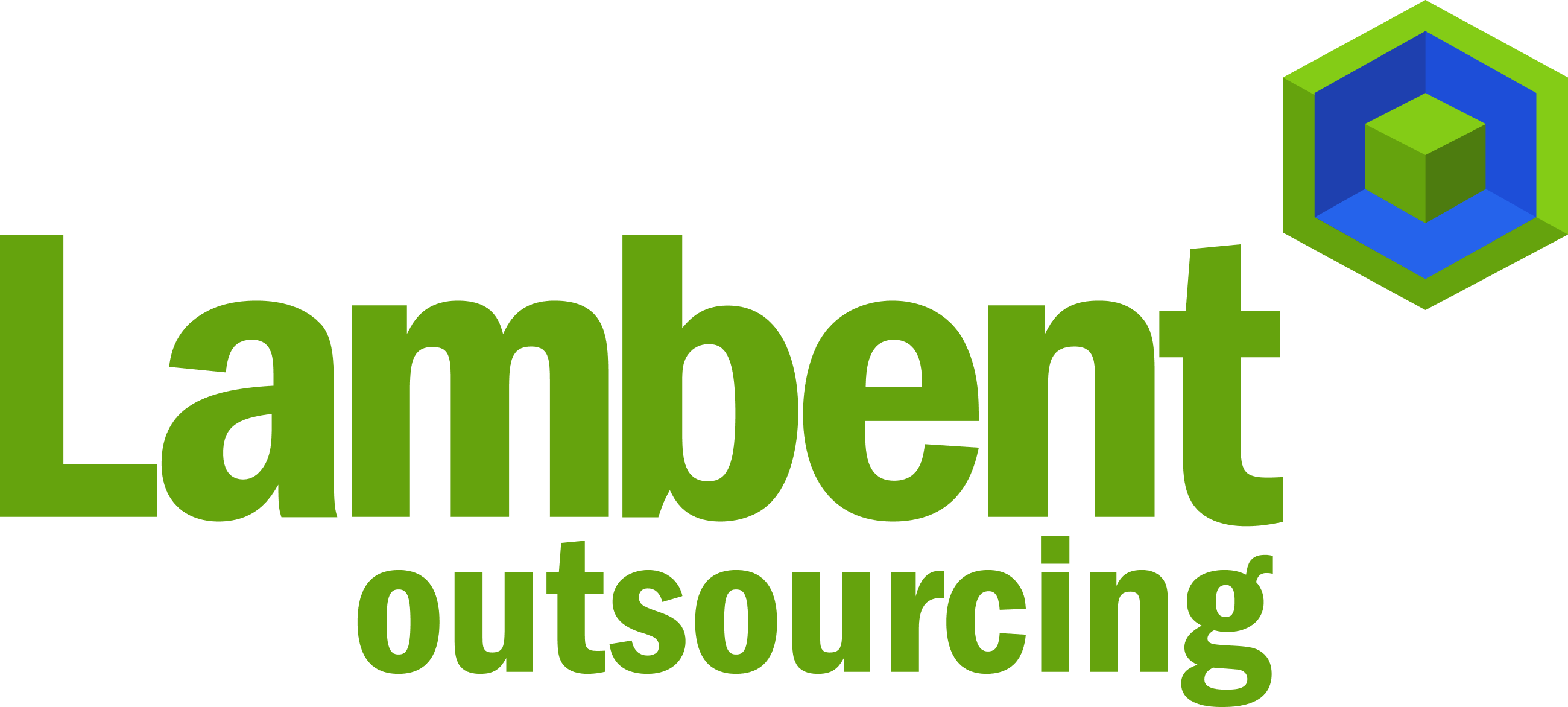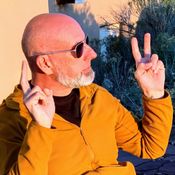Shortly after the Tet Lunar New Year holidays ended earlier this year, Vietnamese Prime Minister Pham Minh Chinh embarked on a diplomatic blitz. After surviving a leadership shake-up late last year, Chinh looked eager to reassure the world that the country is still open for business.
Chinh visited Singapore and Brunei from Feb. 8 to Feb. 11. His meeting with Singaporean counterpart Lee Hsien Loong led to an agreement to promote cooperation in the green and digital sectors with the city-state, which has been Vietnam's leading foreign investor for three consecutive years through 2022. The Vietnamese prime minister also invited Lee to visit Vietnam this year.
Chinh then welcomed U.S. Trade Representative Katherine Tai in Hanoi on Feb. 13-14. The two discussed issues related to the Indo-Pacific Economic Framework (IPEF), a U.S.-led trade initiative that excludes China. Vietnam is one of the framework's founding members.
These diplomatic events were no doubt held after months of preparation, but Chinh used the occasions to show he was fully in charge of the country's economic policy.
Late last year, two deputy prime ministers in Vietnam -- Pham Binh Minh and Vu Duc Dam -- were removed from the Vietnamese Communist Party's Politburo; they were then ousted from their government positions in January. The shake-up led to the dismissal of President Nguyen Xuan Phuc in mid-January, marking the first time the country's constitutional head of state stepped down before completing their tenure.
The purge of the three officials was blamed on corruption scandals stemming from the government's COVID-19 response in 2020-2021. More than 140 people, including senior government officials, were arrested and indicted on alleged abuse of power and bribery charges linked to the repatriation of Vietnamese nationals and government bids for COVID testing kits.
Phuc, Minh and Dam were all accused of poor supervision. Minh was in charge of foreign affairs and Dam oversaw public health policy, while Phuc headed the government as prime minister -- the third-ranking official in the country -- until he was promoted to the second-highest post of president in April 2021.
The sacking of the three leaders came as part of a yearslong anti-corruption campaign spearheaded by the country's supreme leader and Communist Party General Secretary Nguyen Phu Trong, who declared that there must be no "off-limits or exceptions" in the battle against corruption. Pundits, however, are increasingly worried that the departure of Phuc and Minh, who served as the "faces" of Vietnam's diplomacy, could affect the country's foreign policy.
Vietnam has been pursuing a two-tier foreign policy focused on the continuation of one-party rule and strengthening of national defense. Under the policy, the Communist Party strives to maintain friendly ties with China while the government seeks to bolster security ties with the U.S. to counter China's naval expansion in the South China Sea.
Nine years ago, China's move to install an oil rig in disputed waters near the Paracel Islands in the South China Sea saw relations sink to what many saw as the worst level since the China-Vietnam war in 1979. The situation, however, was defused after Vietnam's Communist Party chief sent a special envoy to Beijing.
Nobukatsu Imamura, chief researcher at Tokyo think tank Sekai Seikei Chosakai, foresees little change in Vietnam's relationships with the U.S. and China. "Phuc was seen as pro-America only in comparison with Trong, and Vietnam's relations with the U.S. and China are unlikely to change significantly," Imamura said.
But M.K. Bhadrakumar, a former Indian diplomat, maintains that Vietnam is moving in a more ideological and less pro-Western direction. "The real apprehension of Westerners is that the power equilibrium within the [Communist Party of Vietnam] and the government may now work more to the advantage of China and Russia," he said in an Asia Times opinion piece.
Recent political developments seem to support Bhadrakumar's view.
At one time, there was speculation that Chinh would be the next to fall on his sword. Some pundits said Chinh would be vulnerable as Phuc's successor and might not be able to escape responsibility for his role in the COVID corruption scandal. To make matters worse, Chinh's close friend was implicated in a separate graft case. But no disciplinary action has been taken. Trong, who at the time of the scandals was concurrently serving as head of state, has never referred to his own oversight failure.
Vietnamese leaders are often seen as either "pro-China" or "pro-America." If they are party stalwarts, they are seen as close to Beijing. But if they are officials who have spent most of their time in government as bureaucrats, they are regarded as friendly to Washington.
The three sacked leaders climbed the political ladder by rising through government posts, while Trong and Chinh built their careers in the party. Vo Van Thuong, the youngest member of the party's Politburo who succeeded Phuc as president on March 2, was also a typical party apparatchik. Hence, the recent purge might be seen as more of a power struggle rather than the result of an anti-corruption campaign -- a view that worries many pundits as it suggests that the focus of Vietnam's foreign policy may be shifting toward China.
The timing of the purge reinforces this view. At the end of October, Trong became the first foreign leader to visit China after President Xi Jinping secured an unprecedented third term as China's paramount leader. The two held their first meeting in five years since Xi attended the 2017 Asia-Pacific Economic Cooperation forum summit in Vietnam.
It has long been rumored that Vietnam's Communist Party seeks the approval of its Chinese counterpart when appointing or replacing people in key party posts. It may not be coincidence that the anti-corruption drive accelerated after Trong returned from Beijing, which has a long history of using anti-graft campaigns to crush opponents.
The ousting of the three top leaders may have a negative economic impact as it could make foreign businesses wary about investing in the country, fearing possible tightening of Communist Party control over economic affairs.
Vietnam's unique legal provision of punishment for acts "damaging state assets" could also hinder growth. Under the law, if public projects incur unexpected losses, responsible officials could face criminal charges for corruption, prospects that could make them hesitant to approve projects.
The recent political developments will "clearly have a negative short-term impact" on the economy but there will be no significant medium- to long-term effect, said Waseda University Professor Emeritus Tran Van Tho. "The country's economic policy will not change because the legitimacy of the Vietnamese Communist Party lies in the achievement of growth," he said.
The recent political upheaval, however, could make many global companies question Vietnam as an investment destination to help diversify supply chains. The concept of friend-shoring -- or relocating supply chains to countries where the risk of political disruption is low -- is gaining ground among multinationals in light of the increasing acrimony between the U.S. and China, the effects of the pandemic, and Russia's invasion of Ukraine.
Vietnam has gradually begun to play a key role in global supply chains. In fact, what forced Western and Japanese auto plants to reduce production after the COVID outbreak was a disruption in the supply of wire harness caused by Vietnam's strict lockdowns. The country could become a key production site for semiconductors and other high-tech products thanks to investments by Intel, Samsung Electronics and Amkor Technology.
A growing number of Japanese companies are also keen to expand into Vietnam. In a 2019 Japan External Trade Organization poll, about 40% of companies changing overseas production in response to the shifting trade environment cited Vietnam as their preferred destination -- far higher than the 20% for Thailand. In a fiscal 2022 survey by the Japan Bank for International Cooperation, Vietnam was ranked fourth as the most promising place for future business expansion, following India, China and the U.S.
While Vietnam's one-party rule is seen at odds with the democratic principles and values upheld by Western countries and Japan, the country has garnered attention as a friend-shoring base thanks to its two-tier diplomacy that has so far ensured political neutrality.
The U.S.-led IPEF is a diplomatic initiative to expand and enhance friend-shoring. Participating countries seek to establish common rules in four areas: supply chains, trade, clean energy and fair economy. Some 500 officials from 14 countries took part in the second round of working-level talks in India on Feb. 8-11, which coincided with Chinh's visit to Singapore and Brunei.
The Vietnamese delegate repeatedly said that although there are some similarities, the IPEF is different from other trade pacts the country has signed, including the Trans-Pacific Partnership agreement, a free trade deal with the European Union, and the Regional Comprehensive Economic Partnership accord. These remarks may just be tactics to extract concessions from the other participants, but as a Japanese government official cautioned, "Hanoi's actions need to be monitored carefully to see if there is any change" in its stance toward free and fair trade.
Globalization and free trade have been key to Vietnam's rapid growth. But the global landscape has changed greatly, with Washington now defining its rivalry with Beijing as a battle between democracy and autocracy, and the world economy increasingly divided into trade blocs based on strategic interests.
Vietnam is at the vanguard of this growing trend toward a divided world, but the recent downfalls of key leaders make it necessary for policymakers around the world to carefully weigh the benefits and risks of forging economic ties with the country.

